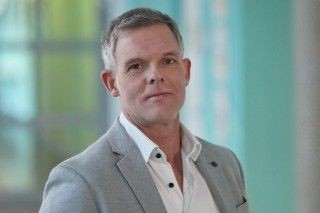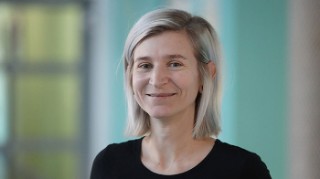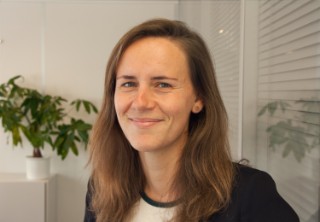Aquaculture
Aquaculture covers the entire value chain of sustainably extracting marine resources, such as fisheries and seaweed harvesting, with a focus on advancing blue biotechnology from breeding to processing. Achieving this sustainably is key to fulfilling the EU Green Deal's Farm-to-Fork objectives. This requires cutting-edge technologies and strategies to address challenges like climate change, habitat degradation, competing resource demands, and fisheries-induced evolution.
The ISSS Expert Group on Aquaculture is developing innovative solutions for production and processing, including the study of new species, recirculating aquaculture systems (RAS), alternative feed sources, and improved fish welfare and health management. Their work also focuses on sustainable food production, by-product utilization, and waste recycling. These advancements rely on technologies such as sensor development, AI-driven automation, data analytics, monitoring systems, and advanced feeding technologies.
Clean Oceans
Cleaning the oceans of waste and pollution is vital for strengthening coastal and environmental protection. Currently, an estimated 100 to 142 million tons of waste pollute the oceans, with an additional 8 million tons of plastic and 1.5 million tons of microplastics entering the seas each year. The Expert Group Clean Oceans addresses this issue across the entire value chain, focusing on prevention, detection, removal, and recycling of all types of marine debris, including plastics, metals, fishing gear, chemical pollutants, oil spills, and unexploded ordnance (UxO) in both open waters and coastal areas. Innovative technologies such as drones and optical sensors for monitoring, AI-driven autonomous robots for identification and cleaning, and data collection, analysis and modelling are employed to tackle these challenges effectively.
Ocean Energy
The ocean will play a crucial role in the transition to a sustainable global energy system, with significant growth projected by 2050. Offshore wind energy, in particular, is poised for rapid expansion, driving innovation and supporting the shift toward cleaner energy. As traditional extraction of minerals, oil, and gas declines due to lower production and rising costs, ocean energy is emerging as a vital solution for meeting future energy demands while reducing environmental impact. Next to offshore wind, the ISSS Expert Group focuses on further marine-based renewable energy sources such as wave energy, tidal energy and floating PV.
Waterborne Transport
The EU supports waterborne transport in addressing its key challenge of balancing energy efficiency with environmental impact, encouraging the shift of freight transport from road to water. The dedicated ISSS Expert Group is working on developing efficient, emission-free, and eco-friendly waterborne transport solutions, contributing to R&D innovations in this field. With several ISSS members actively involved in the Waterborne Technology Platform, ISSS maintains strong connections with European stakeholders. Additionally, ISSS members participate in the Horizon Europe SEAGLOW project, which aims to demonstrate the potential of five different technological applications to reduce fossil fuel consumption and GHG emissions on small-scale fishing boats in the North and Baltic Sea basins.






